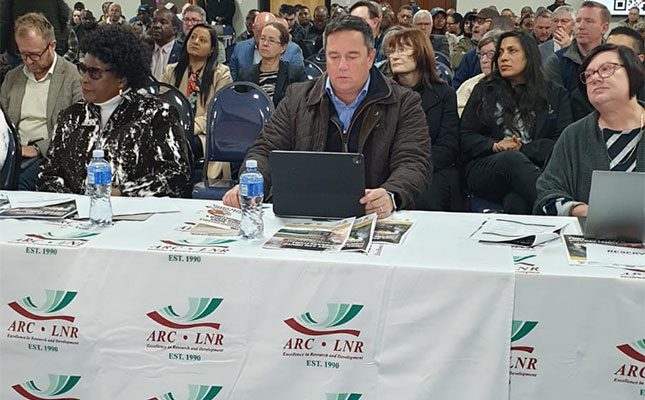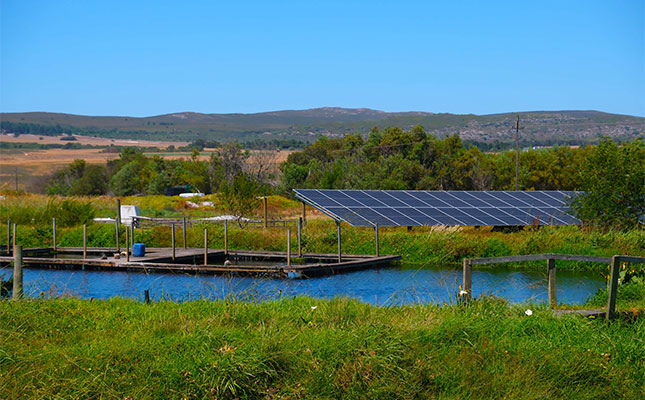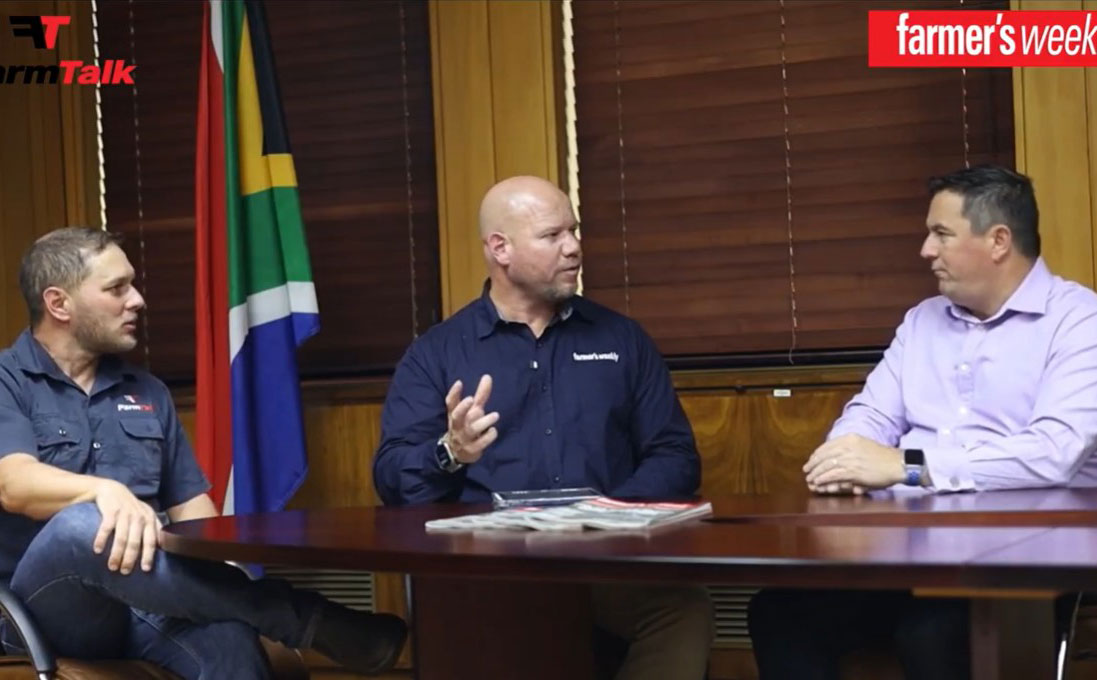
To address the situation, the Department of Agriculture (the department) this week hosted a high-level national FMD Indaba in Pretoria, Gauteng, aimed at crafting a coordinated national response to the spread of the disease and its impact on the industry.
The two-day event, held at the ARC-VIMP, brought together government officials, veterinarians, scientists, industry leaders, and communal farming representatives.
Speaking to Farmer’s Weekly, Minister of Agriculture John Steenhuisen said: “This is the first time the entire [industry] has come together to chart a unified roadmap against FMD. If we want to grow the red meat [industry] and open export markets, then getting on top of this disease is non-negotiable.”
Steenhuisen added that the urgency of the indaba followed new FMD cases reported in the Free State last week, in addition to ongoing outbreaks in KwaZulu-Natal, Mpumalanga, and Gauteng. The outbreaks have led to livestock movement restrictions, auction closures, and significant economic losses for commercial and smallholder farmers.
“FMD causes immense damage, not only through production losses but also in closing the door to lucrative export markets. Countries like Brazil and Argentina have shown us that success is possible when all players work together. South Africa must do the same,” he emphasised.
Track and trace system on the way
One of the key developments discussed at the indaba was the launch of the National Animal Track and Trace System, designed to improve livestock movement monitoring and improve responses to disease outbreaks.
“This system will ensure that no animal is moved without being registered. Eventually, auction houses, abattoirs, and feedlots will only accept animals that are traceable. It’s a move that will protect our biosecurity and boost confidence among trading partners,” Steenhuisen explained.
He added that the roll-out would be industry-led, with emphasis on educating farmers and encouraging voluntary compliance rather than strict enforcement.
Steenhuisen also stated that emerging and communal farmers were often the hardest hit during outbreaks and emphasised the importance of rebuilding traditional information-sharing systems.
“We are reviving the old dip tank culture so farmers can once again gather, access support, and share information. When KwaZulu-Natal was hit [by FMD], I reached out to His Majesty King Misuzulu [KaZwelithini]. Through the support of traditional leaders, we managed to raise awareness quickly. We need more of this community-based engagement,” he said.
Progress in local vaccine development
With access to vaccines a key concern, the department confirmed that 900 000 FMD vaccines had already been procured and distributed, with further stock expected soon. Local vaccine production through the ARC was also progressing well.
“There’s been significant progress in developing our own vaccines. But government can’t do this alone; this must be a national effort,” Steenhuisen said .
Dewald Olivier, CEO of Red Meat Industry Services said the current approach to disease management was unsustainable.
“We are being held hostage by a broken system. The way we’ve always done things no longer works. This indaba must be the turning point,” he explained.
He added that vaccination must be at the heart of the new strategy: “Even if there are [vaccine] shortages, we must prioritise [vaccination]. [It] is essential to protect food security and restore industry stability,” Olivier said.
Insights and transparency
Mooketsa Ramasodi, director-general of the department, said he welcomed the level of engagement at the indaba, and that all the discussions would be documented and made accessible to the public. He added that the proceedings would be archived and widely distributed to support the implementation of the recommendations across the industry.
“Every contribution from universities, international health bodies, and grassroots organisations will inform the strategy moving forward. The people who suffer the most in any outbreak are the farmers. Our solutions must work for them,” he added.
Get trusted farming news from Farmers Weekly in Google Top Stories.
➕ Add Farmers Weekly to Google ✔ Takes 10 seconds · ✔ Remove anytime









